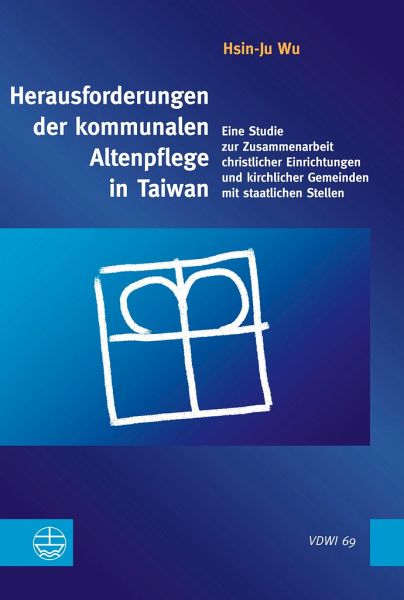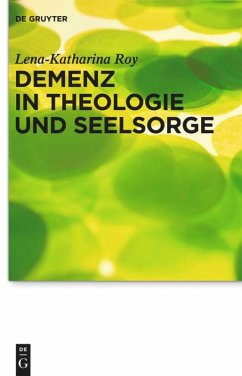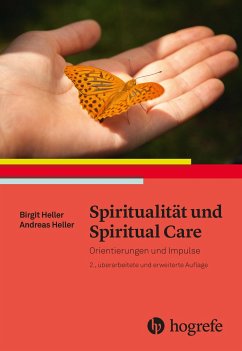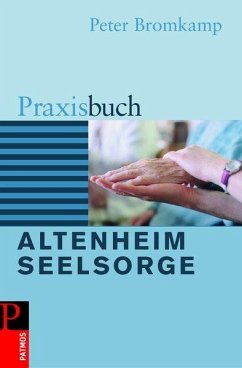
Herausforderungen der kommunalen Altenpflege in Taiwan
Eine Studie zur Zusammenarbeit christlicher Einrichtungen und kirchlicher Gemeinden mit staatlichen Stellen

PAYBACK Punkte
0 °P sammeln!
In der rasch alternden Gesellschaft Taiwans hat der Staat in den letzten Jahren ein kommunales Pflegesystem geschaffen, das vor allem die Alterung vor Ort und das aktive und selbstbestimmte Altern berücksichtigt, so wie es die EU und die WHO vorschlagen. Die kirchlichen Organisationen haben sich aktiv in diesem Pflegesystem engagiert und dabei die Gemeinwesendiakonie und spirituelle Pflege betont. Die Autorin analysiert die Zusammenarbeit zwischen diakonischen Einrichtungen, Kirchengemeinden und öffentlichen Anstalten und erforscht die Stärken und Schwächen der Gemeinwesendiakonie im Berei...
In der rasch alternden Gesellschaft Taiwans hat der Staat in den letzten Jahren ein kommunales Pflegesystem geschaffen, das vor allem die Alterung vor Ort und das aktive und selbstbestimmte Altern berücksichtigt, so wie es die EU und die WHO vorschlagen. Die kirchlichen Organisationen haben sich aktiv in diesem Pflegesystem engagiert und dabei die Gemeinwesendiakonie und spirituelle Pflege betont. Die Autorin analysiert die Zusammenarbeit zwischen diakonischen Einrichtungen, Kirchengemeinden und öffentlichen Anstalten und erforscht die Stärken und Schwächen der Gemeinwesendiakonie im Bereich der Altenpflege. Die Erfahrungen mit der Altenpflege in Taiwan sind eine hilfreiche Anregung für die Pflegearbeit der Diakonie in Deutschland.
[Challenges of Community Care for the Elderly in Taiwan. A study on the Collaboration of Christian Institutions and Church Communities with Government Agencies]
In recent years, in Taiwan's rapidly aging society, the state has created a community care system that takes into consideration the aging in Taiwan and especially active and self-determined aging, as proposed by the EU and WHO. Church organizations have been actively engaged in this care system, emphasizing community diaconia and spiritual care. The author analyzes the collaboration of diaconal agencies, church communities, and public institutions, and explores the strengths and weaknesses of community diaconia in care of the elderly. The experience of caring for the elderly in Taiwan is a helpful stimulus for the care work of the diaconia in Germany.
[Challenges of Community Care for the Elderly in Taiwan. A study on the Collaboration of Christian Institutions and Church Communities with Government Agencies]
In recent years, in Taiwan's rapidly aging society, the state has created a community care system that takes into consideration the aging in Taiwan and especially active and self-determined aging, as proposed by the EU and WHO. Church organizations have been actively engaged in this care system, emphasizing community diaconia and spiritual care. The author analyzes the collaboration of diaconal agencies, church communities, and public institutions, and explores the strengths and weaknesses of community diaconia in care of the elderly. The experience of caring for the elderly in Taiwan is a helpful stimulus for the care work of the diaconia in Germany.













